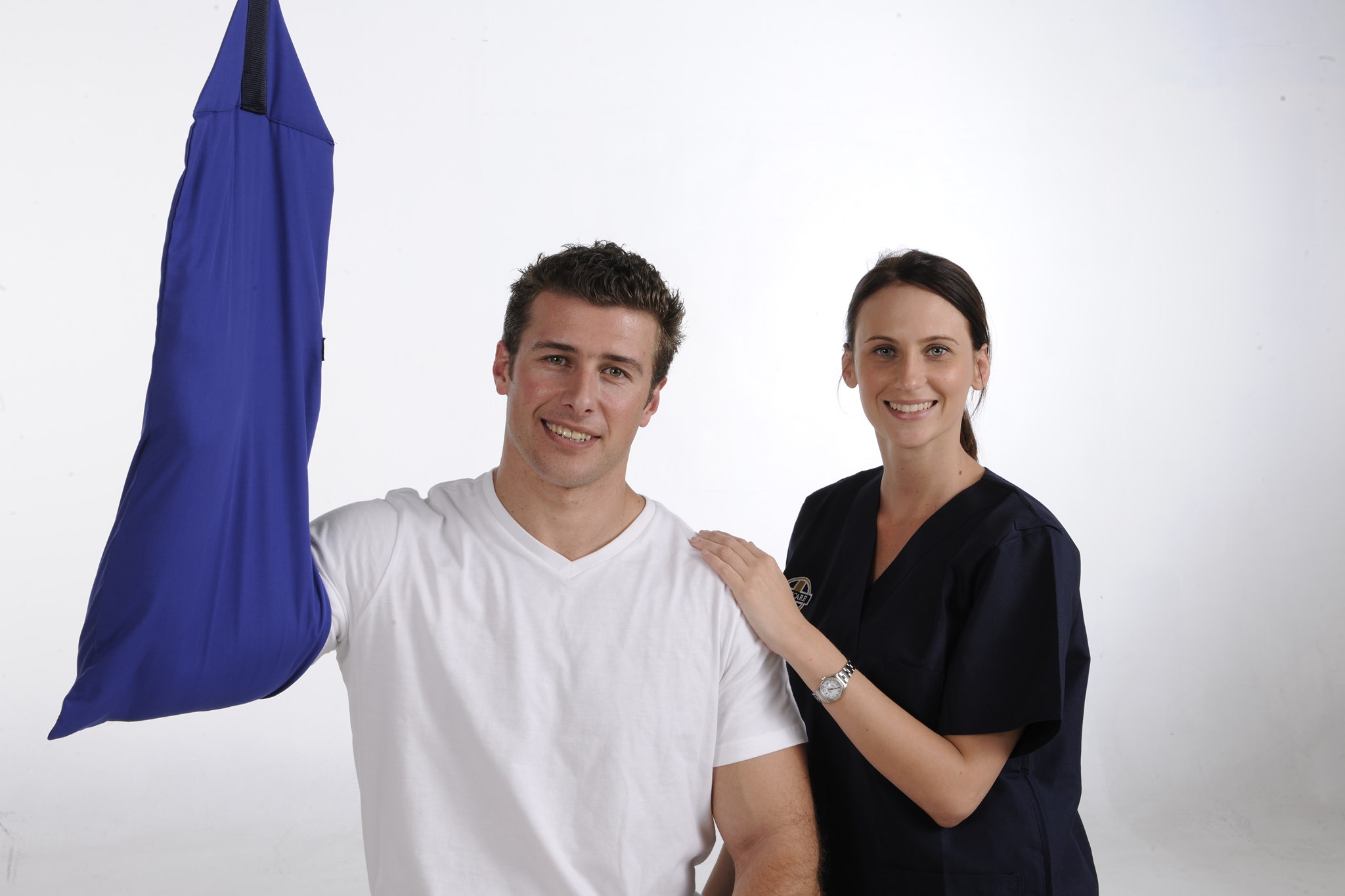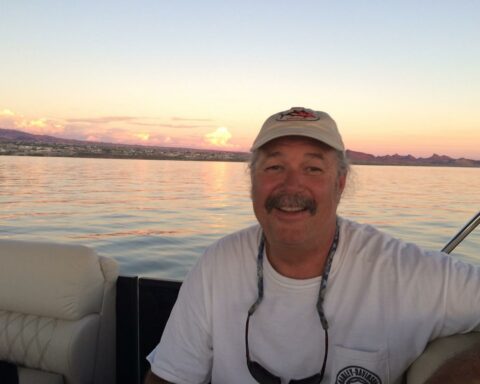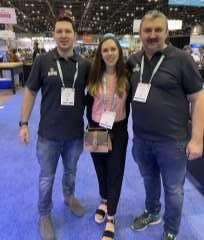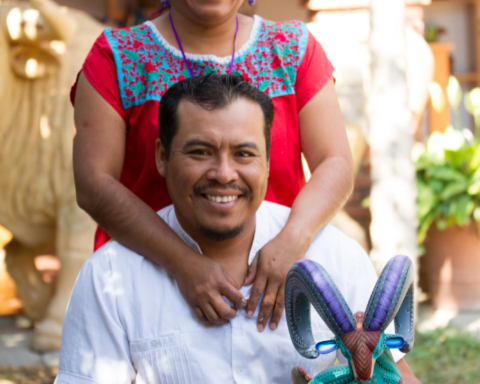Wismed is a medical device company with a small and inspired team that invents, creates, supplies, and manufactures medical devices for endourology. The team at Wismed are part of every step of development – from invention to manufacture, ensuring great quality at all touch points. “We look for simple solutions to complex problems, more than medical devices, we design better tools for surgeons that are intuitive and not overly engineered with the ultimate goal of improving surgical outcomes”, says founder and CEO Pawel Wisniewski. Pawel and the team pride themselves in developing medical devices that function well and meet the needs of medical practitioners and specialists without adding unnecessary complexity. This balance of design principles finds its foundation in over 30 years of experience in medicine.
Motivation
Wismed was founded in 2001 by qualified Medical Doctor and practicing Anaesthesiologist, Pawel Wisniewski. “Anaesthesiology is a fusion of clinical medicine and physics. I was always attracted to physics. It is also a very broad specialty, and, on this ground, it was interesting for me”, says Pawel. Originally from Poland, after his graduation, Pawel spent some time in Germany as a young doctor when an opportunity to do an internship in South Africa presented itself, “I came just for one year to do an internship at King Edward Hospital. That was over 30 years ago”, says Pawel. Having established a successful career in medicine and having worked with top renowned surgeons in different specialities, Pawel has had years of experience in the operating theatre. He has witnessed first-hand many of the challenges that surgeons face in the OR. “I love to observe in OR. I always watch surgeons at work. When I see problems that surgeons are dealing with it prompts me to look for solutions or alternatives.”
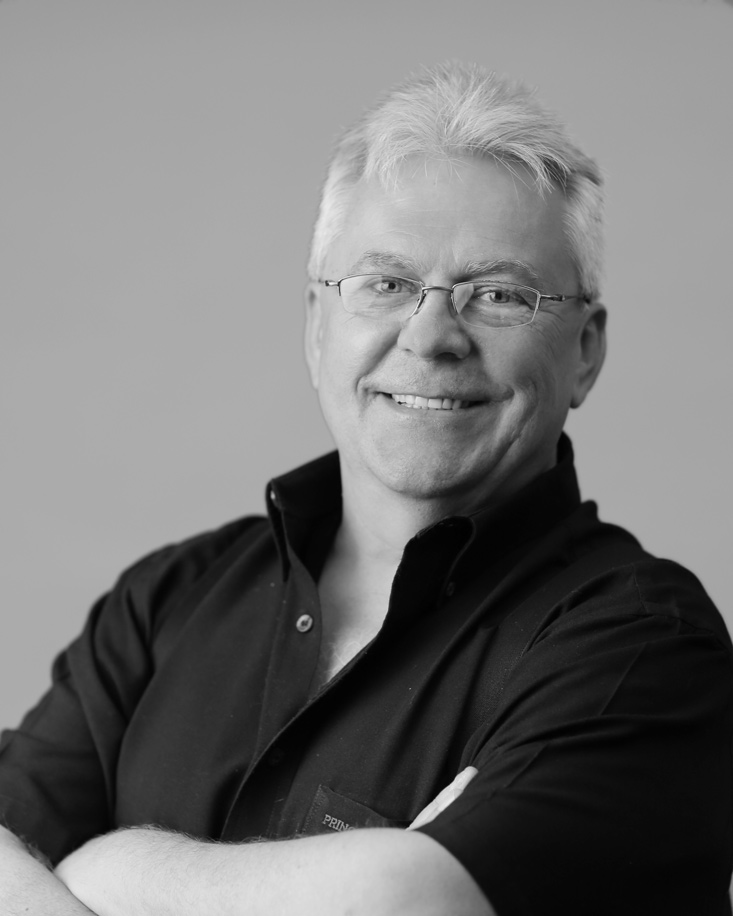
Driven by his love for physics and medicine, Pawel started Wismed to give surgeons better tools and eliminate their frustrations during procedures. “I started Wismed because I had a few solutions in my mind, I wanted to see if I can turn them into a product. It was also very attractive to see if I would be able to run a business. It was a challenge and an opportunity.”
Today Wismed has a range of urological medical devices that are sold throughout the world including Japan, Australia, South Africa, the UK, and several other countries in Europe. Having been recognised recently in Europe with award of funding in the category of Intelligent Development to foster innovation and research in minimally invasive urology, Wismed is at a rapid stage of growth and is working actively to bring their product offering to other parts of the world including the USA.
Challenges
The Medical Devices Industry is highly regulated and controlled in Europe and the rest of the world, it is becoming increasingly more difficult to have a presence in this market because of new obligatory regulatory requirements that are very stringent and come with a high price tag. “There is an enormous amount of research that goes into medical device development and manufacturing. It is a very complex and highly controlled process. Everything needs to be considered in equal measure from the device functionality, biocompatibility, and safety to how it is stored, packaged, and disposed of,” says Pawel.
As a small medical device company these costs can be crippling especially when considered in light of other challenges brought about by the pandemic with regards to shortages of raw materials and components, and disruption of supply, coupled with a drastic price increase for transport and energy.
“We have been fortunate to receive funding from the European Union to be able to carry on our work and alleviate some of the financial burden. We continue to develop medical devices according to the highest international and European standards for health, safety, and environmental protection. I want people to know that we develop devices with such care and attention to detail as if we, ourselves, would be the first patients on whom these devices are used.”
Opportunities
Wismed is currently working on developing a number of minimally invasive devices for the treatment of a rapidly growing disease — kidney stones. Nephrolithiasis or kidney stones is one of the most common diseases in modern times, it is estimated that more than half a million people go to emergency rooms for kidney stone problems each year. Recurrence rates are high, and prevalence worldwide is increasing due to diet and lifestyle changes. The new devices currently under development by Wismed are expected to improve the outcome of kidney stone treatment and reduce recurrence of the disease. Currently the small fragments of kidney stones together with the dust from the fragmentation are left behind in the kidney after laser lithotripsy, as there is no method of removing them. These small fragments cause recurrence. Wismed is in the advanced stages of developing a novel device that would be able to remove them successfully and safely, and to reduce the rate of recurrence.
“We are developing a new approach to the treatment that allows the removal of stones and stone fragments completely including sand and dust residues and by doing this, to prevent recurrence of the disease which is very common with current methods of treatment. We are also developing a device that will help control the pressure inside the kidney during laser fragmentation of the stones and in this way, reduce incidence of complications such as infections. These modern and novel solutions will reduce the cost of treatment but most importantly will reduce recurrence of the disease, the incidence of which is growing very fast due to lifestyle changes.”
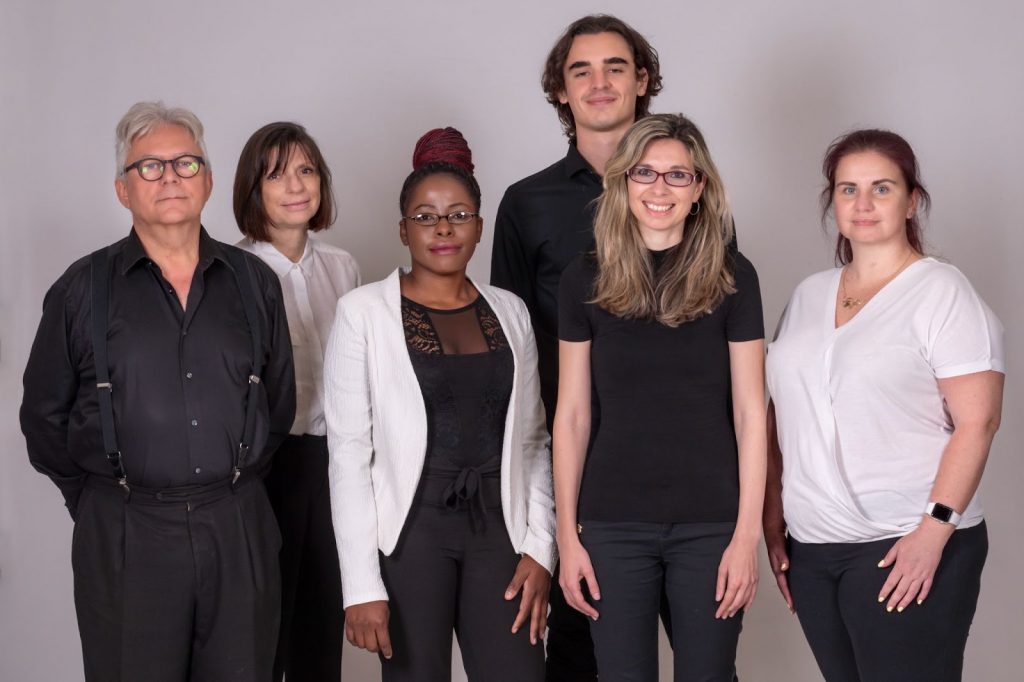
Advice
Pawel says that there are so many important aspects of success that it is not easy to give one single piece of advice. For a start-up company and small business, it is important to find (through innovation and research) a nish field and become extremely good at this field. One should ask the question if there is a field or just a fragment of the field in which my company can be the best in the world and peruse this with all energy. This is the best way to compete with larger companies and to achieve progress, but it is also the glue that keeps teams together.
“Persistence or stamina is crucial for success as it allows us to continue despite failures and problems encountered on the way. Have persistence like a hedgehog and remember that failures are lessons and each one contributes to success and not to destruction” also adds Pawel.
“Have the right people on the bus even if the direction of the bus is uncertain. The directions can be changed, but people are real assets and the biggest contributor to any company’s success. Managing people is one of the most difficult aspects of running a business and it is an ongoing learning curve. Spend time learning and thinking about the needs of the members of the team.”
- Chickpeas vs. Garbanzo Beans: What’s the Difference? - April 19, 2024
- How to Manage or Improve Anxiety - September 21, 2023
- The birth of a company - July 29, 2023

